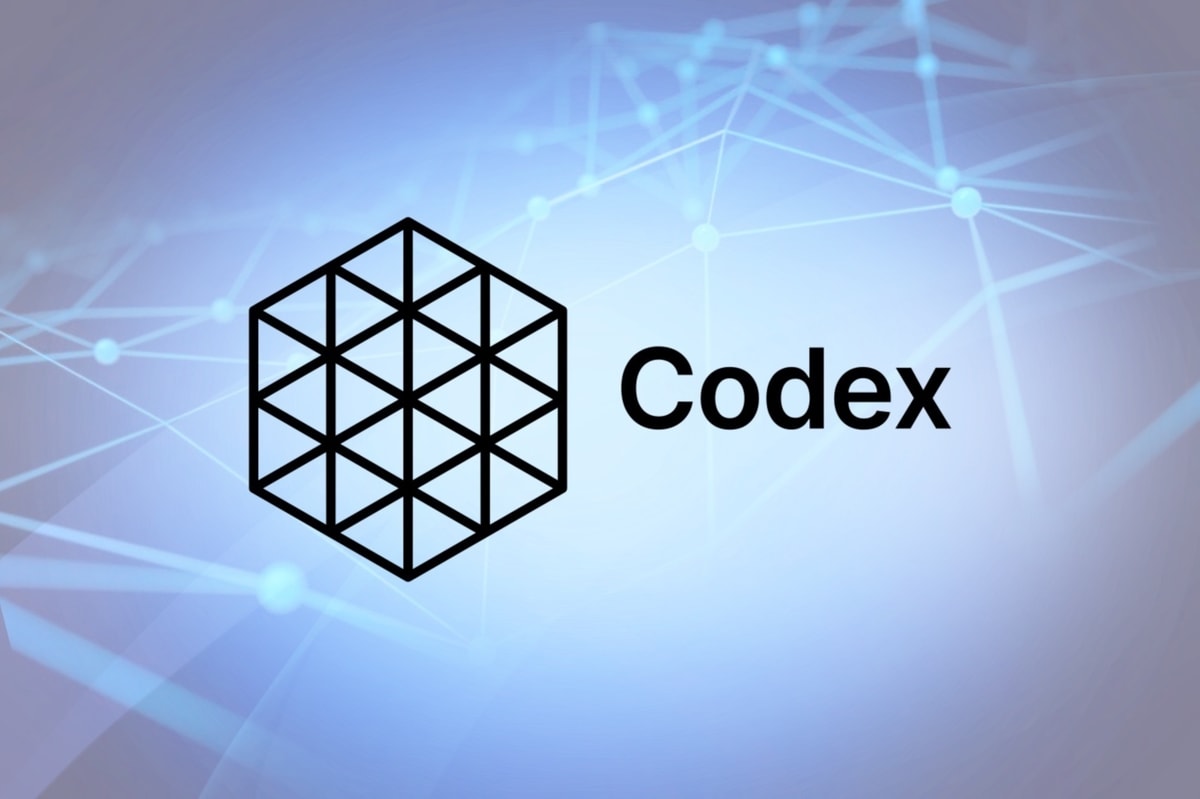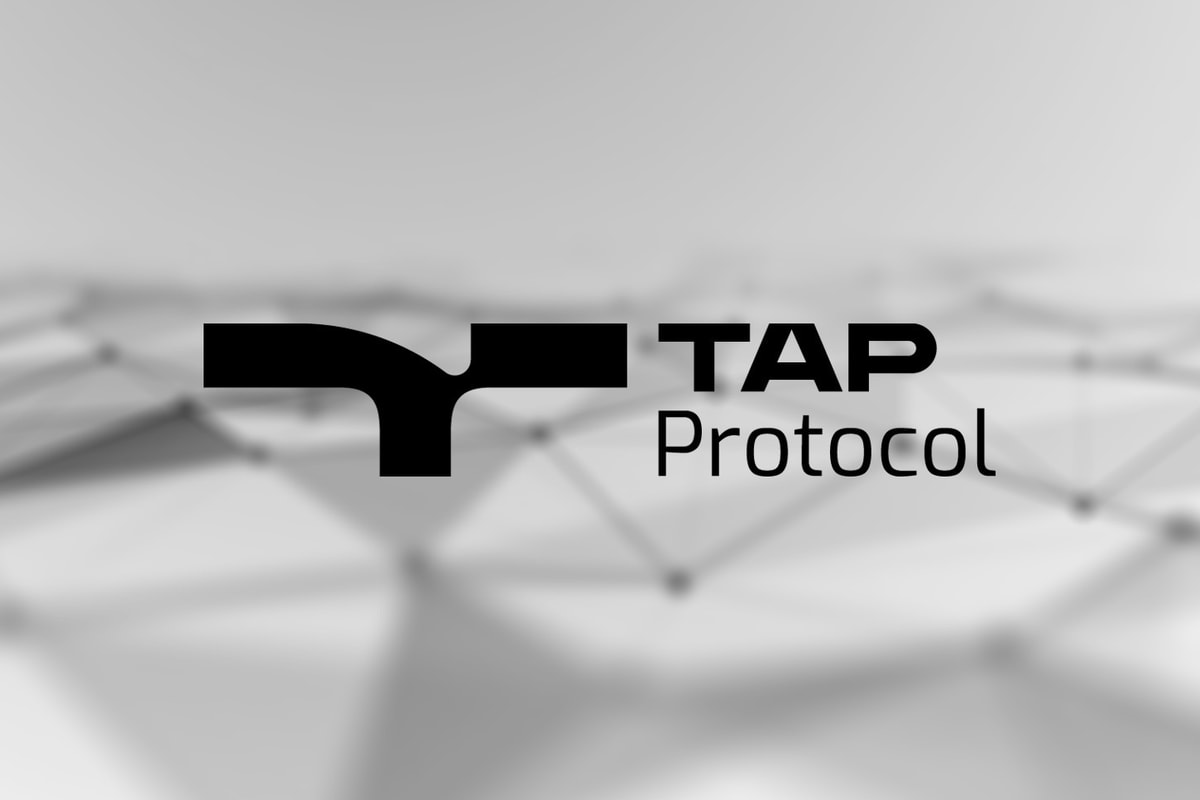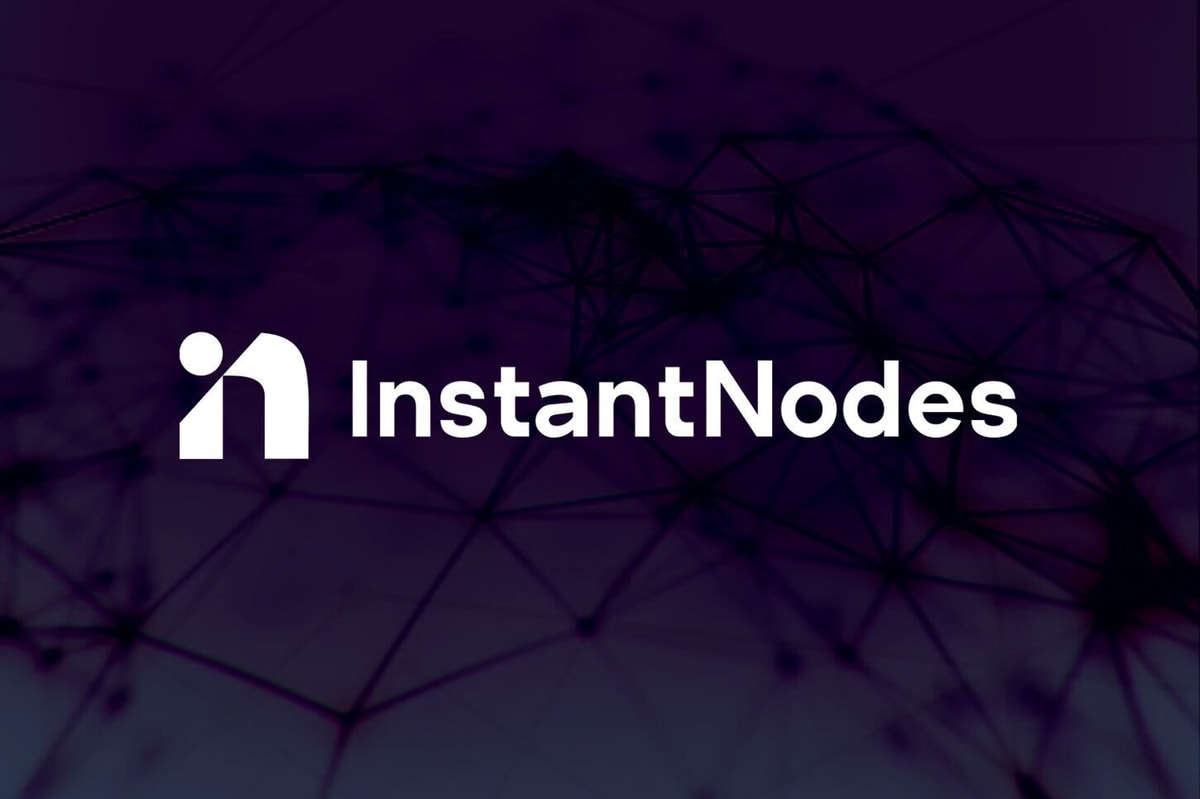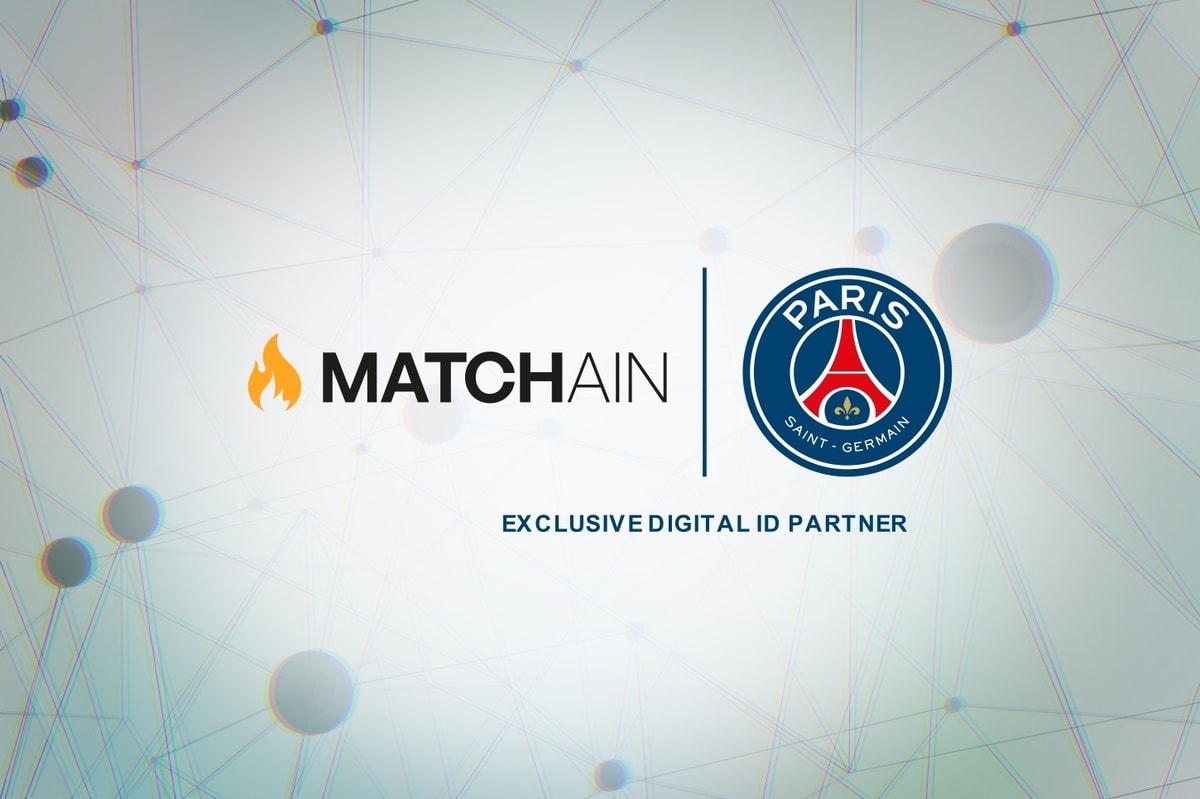
MONDAY, 30 SEPTEMBER 2024 - ZUG, SWITZERLAND: Codex, a decentralised durability engine and storage network, has deployed its first testnet alongside the release of the project’s first whitepaper, to advance the vision of preserving the world’s most important knowledge without risk of censorship.
This initial Codex testnet will measure the robustness of the system under a variety of conditions as Codex readies for mainnet launch, targeted for 2025. The combination of the core components of erasure coding and the proving system upgrades will provide higher durability with cost-savings over time, benefiting both storage providers and users.
The use of ZK proof-based remote auditing with ongoing proof aggregation optimizations to reduce costs in the network will allow support for real-world use cases, first with static data and then eventually, with hotter data.
Dmitriy Ryajov, Founder and Lead of Codex says:
‘The premise of Codex is to enable ease of use and scaling of decentralised data storage to meet the rising global demand. We are proud to have advanced our major first steps to mainstream use, with initial performance tests intended to achieve results like “BitTorrent with persistence”, which aims to enable true security and durability for our most important data.’
Codex new whitepaper
The new whitepaper outlines the core components and architecture of Codex’s innovative approach to decentralised storage through the use of Decentralised Durability Engine (DDE) principles. With DDE integration, a token-based incentive structure and a P2P network system architecture, Codex aims to offer a robust, censorship-resistant alternative to traditional centralised storage solutions.
Other components feature tight integration of redundancy, ZK proof-enabled remote auditing, repair mechanisms, and data dispersal. In addition, erasure coding unlocks the ability to store massive datasets larger than any single node on a network and is vastly more efficient than replication.
Another core benefit of Codex is the incentivised participation by design, which aims to ensure cost-effectiveness. Users and developers will be incentivised to contribute storage to the network, creating a self-sustaining ecosystem that aims to benefit all participants. In comparison to other decentralised storage providers, Codex’s solution aims to truly democratise data storage by allowing market forces to dynamically adjust pricing resulting in optimal cost efficiency.
Updated roadmap
The upcoming development roadmap sets a path for next year to achieve mainstream adoption in 2026. It focuses on the implementation of features that are key to enhancing efficiency, security and reliability of decentralised data storage and backup solutions.
Two key development phases, decentralised file sharing and data archiving, are prioritised.
For the first phase, Codex will focus on achieving functionality similar to decentralised file-sharing solutions such as BitTorrent and IPFS. The key core components implemented include content identifiers (CIDs), a block exchange protocol, a distributed hash table (DHT) and a custom-built implementation of Libp2p, ‘nim-libp2p’.
These components will lay a solid foundation for the second phase focused on advanced data archiving and backup solutions. Features that will be implemented include the Codex Marketplace, ‘lazy’ data repair, highly efficient bandwidth incentives and appendable data.
These features will allow for reliable, scalable, and flexible backup solutions that meet the evolving needs of the decentralised storage ecosystem. The longer term view could include integration with widely-used services like cloud storage and backup providers, enabling seamless and reliable long-term storage options.
By ensuring a global, resilient, sustainable and efficient storage network, Codex is poised to support a wide range of decentralised applications, from personal data storage to secure content distribution.
Last month, Conduit Marketplace, a rollup framework platform, brought Codex into its offering of services for developers to integrate in their rollups’ architectures. By providing durable storage in this modular way, Codex is well-positioned to serve an ever-growing Ethereum ecosystem.
With Codex, organisations, individuals and applications storing important data, such as financial records and transactions, medical records or legal and regulatory details, will soon have a viable alternative to centralised cloud data warehouses. This makes for a more robust economy and freer societies, where key storage infrastructure is highly resistant to data censorship, hacks and outages.
The testnet is available for download now here.
Note: Codex is in Alpha testing, "There be dragons" - the purpose of this testnet is to invite the community to help us build and test Codex. Data in the testnet is vulnerable to being wiped out without notice.
About Codex
Codex is powering the data storage layer of the Logos technology stack. Logos is a grassroots movement, building the infrastructure for trust-minimised, corruption-resistant governing services and social institutions for peaceful people worldwide. More: codex.storage.











